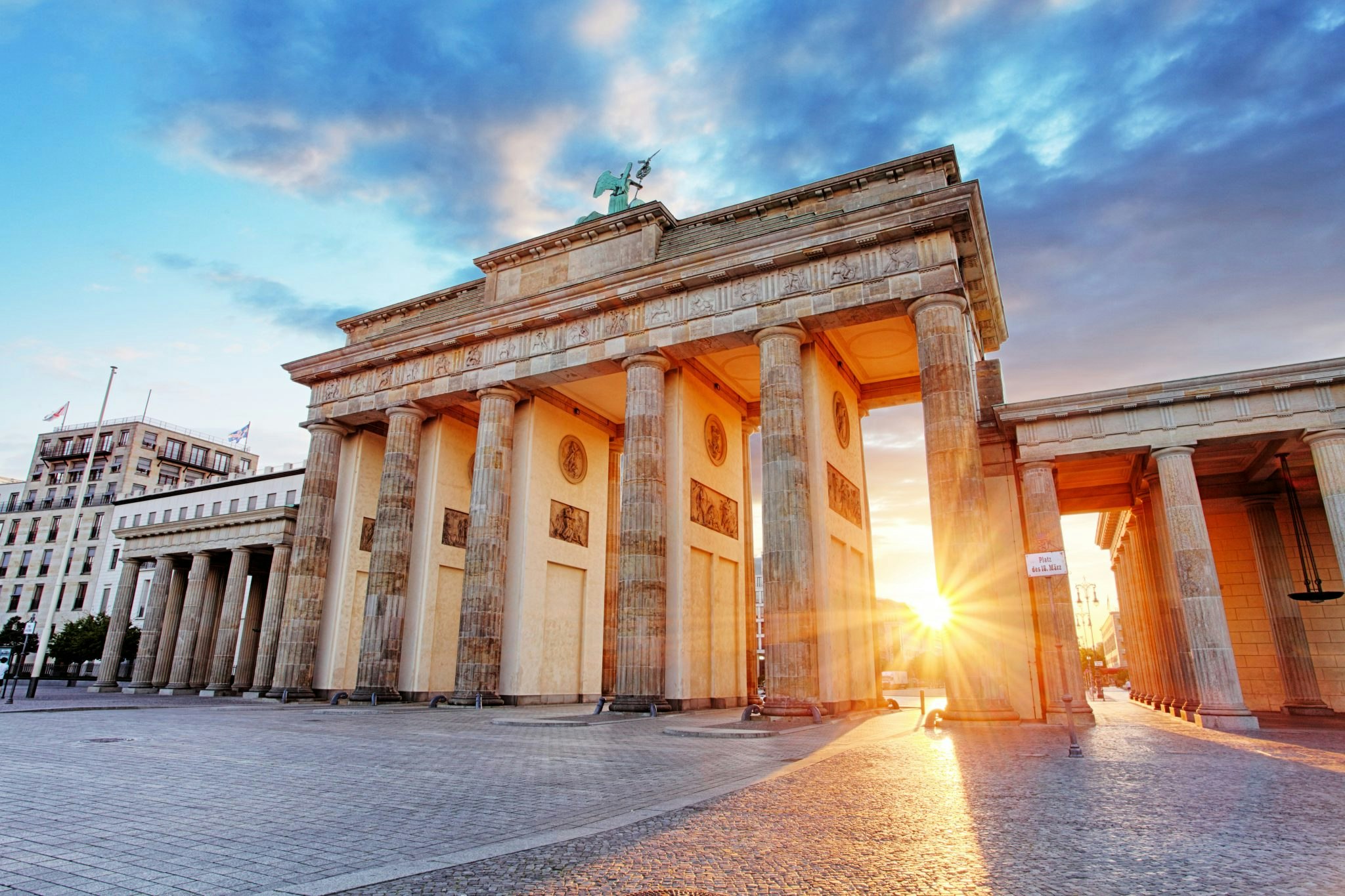Many of us, chained to our desks, have watched with envy as the Instagram-tinted digital nomad lifestyle has boomed with the rise of remote work. Now there's one more reason to feel FOMO: increasingly, digital nomads are finding ways to pay little to no tax as they hotfoot it around the world.
They’re doing so with the help of so-called “tax optimisation” services — companies that offer consulting services to help “location independent” people to stop being bothered by the pesky taxman. We sat down with the founder of one of those companies — Easily Global — to ask how digital nomads are slashing their tax bills to zero, whether that’s really an ethical thing to do and why places like the Cayman Islands aren’t necessarily the best to save on tax.
👉 Read: Europe's most popular digital nomad destinations
Why should I pay?
Bogdan Danchuk is Easily Global’s founder and also a digital nomad of more than 13 years. He is currently based in Madeira.
Like many nomads, he started off by travelling on tourist visas and keeping his home country of Israel as his tax residency. But, after a while, Danchuck began to ask why he should have to continue to pay taxes in a country that he didn’t live in.
“I reached the point where the amount of money I was paying for services — that I never got to use in a country that I wasn't living in anymore — was so high that it made sense to just optimise the setup for myself,” he says.
Danchuk says it was difficult to find a one-stop shop for advice on the complex steps that can be involved in minimising your tax bill.
“In some cases you will need to have more than one jurisdiction where you have your entities based, because in some cases, you will need to have multiple companies to cater for one business,” he explains. “It took me a few years to figure it out for myself.”
Getting to zero tax
Danchuk says that, if his clients are careful to follow the right steps, they “are looking at not paying taxes at all in the majority of cases”.
This, he explains, is achieved through a combination of choosing where a client’s business should be incorporated, and their new “fiscal residency” (the jurisdiction in which you pay tax).
Danchuk adds that this can be a delicate process of navigating the intricacies of local tax laws, which many get wrong.
“In many cases it's important to incorporate your (business) entity before becoming a fiscal resident in the new country of choice,” he says. “I have been working with a lot of clients that could have optimised their tax situation to next to zero. And just because they didn't follow the right order of things, they kind of messed up their opportunity to do so.”
The most popular countries for digital nomads to register, according to Danchuk, aren’t your stereotypical tax havens like the Bahamas or Cayman Islands, but often European countries like Portugal, Malta and Bulgaria.
Robin Hood syndrome?
So, what would the founder of Easily Global say to the criticism that he is facilitating an international legion of digitally savvy tax avoiders with the financial freedom to swan about the world at their whim?
It’s clearly a question he’s been asked before, and he’s not shy about his answer.
“I think it's atrocious that the only bodies and entities that have any access to the legal means of alleviating your tax burden are the huge multinationals, the billionaire class and the 1%,” he says. “If you want to talk fair game, let's make it fair for everybody.”
Danchuk also believes that, when compared with the tax savings that corporations like Amazon make globally, putting money back into the hands of individuals creates a more direct way of that money going back into the local economy.
A nurse living in the UK has the ability to keep on living in the UK… I [as a digital nomad] am basically taking myself out of that privilege
“They (digital nomads who save on tax) will maybe spend more on things that enrich their own community," he says. "What happens when Jeff Bezos gets the same tax breaks? It doesn't really trickle down as much as people want to think.”
It might be easy to cast the wandering digital nomad as the underdog when compared with an organisation like Amazon, but does Danchuk think it’s fair for digital nomads to not pay taxes when hardworking people like teachers and nurses must?
“A nurse living in the UK has the ability to keep on living in the UK… I (as a digital nomad) am basically taking myself out of that privilege,” he argues.
Many would argue that it’s really the digital nomads — who can choose to work and pay tax (or not) from where they wish — that are the privileged ones in that dynamic. Nonetheless, Danchuk seems content that he’s just levelling the playing field for individuals to be able to game the international tax system in the same way that big businesses do.
Does that make him a modern-day Robin Hood for the digital age? We’ll let you decide.
Tim Smith is Sifted’s Iberia correspondent. He tweets from @timmpsmith


